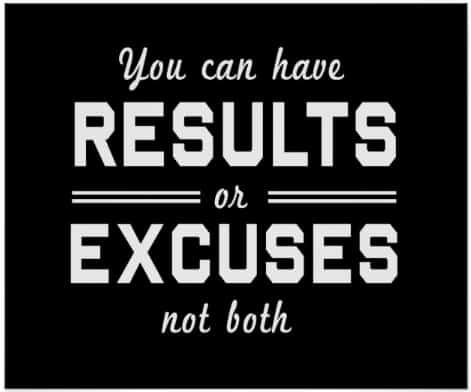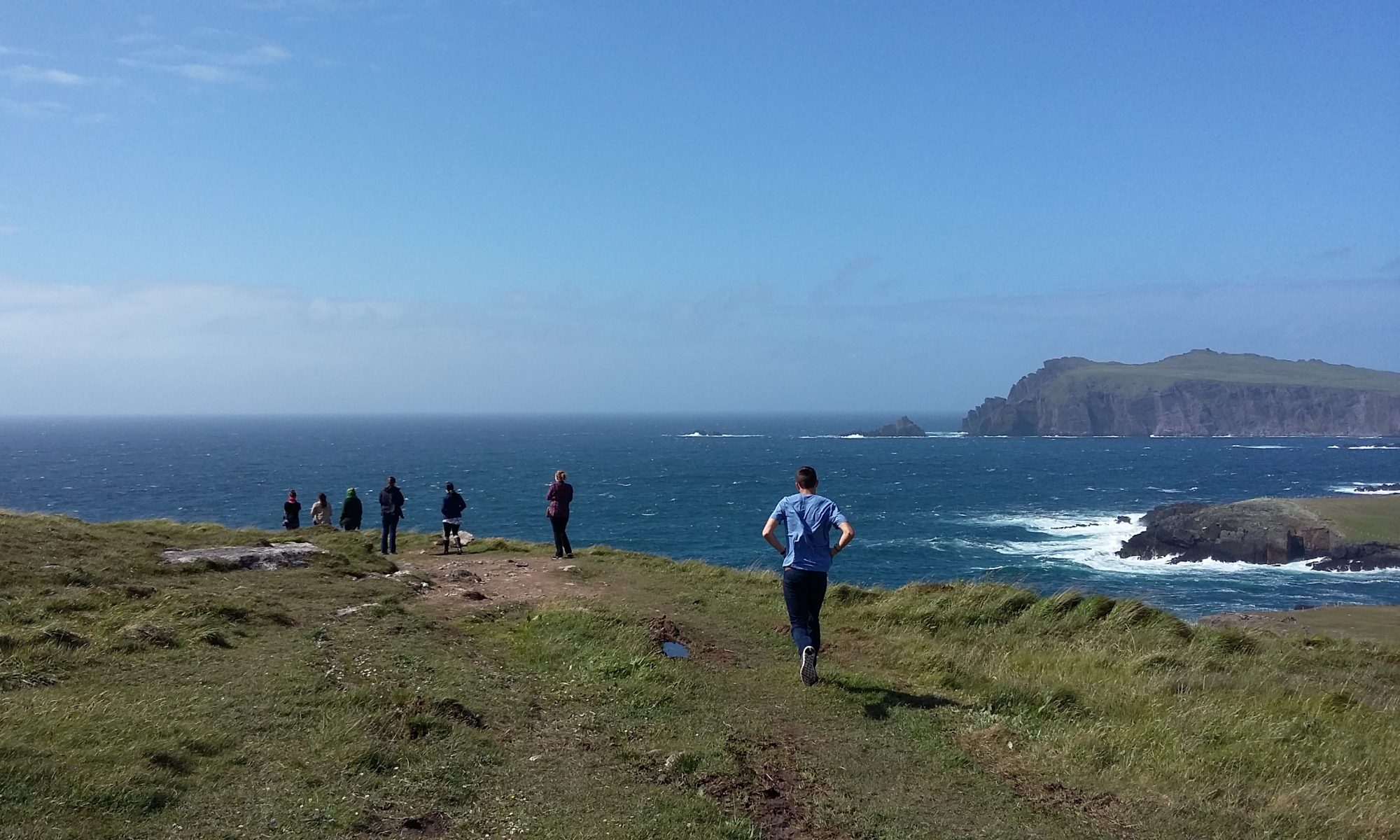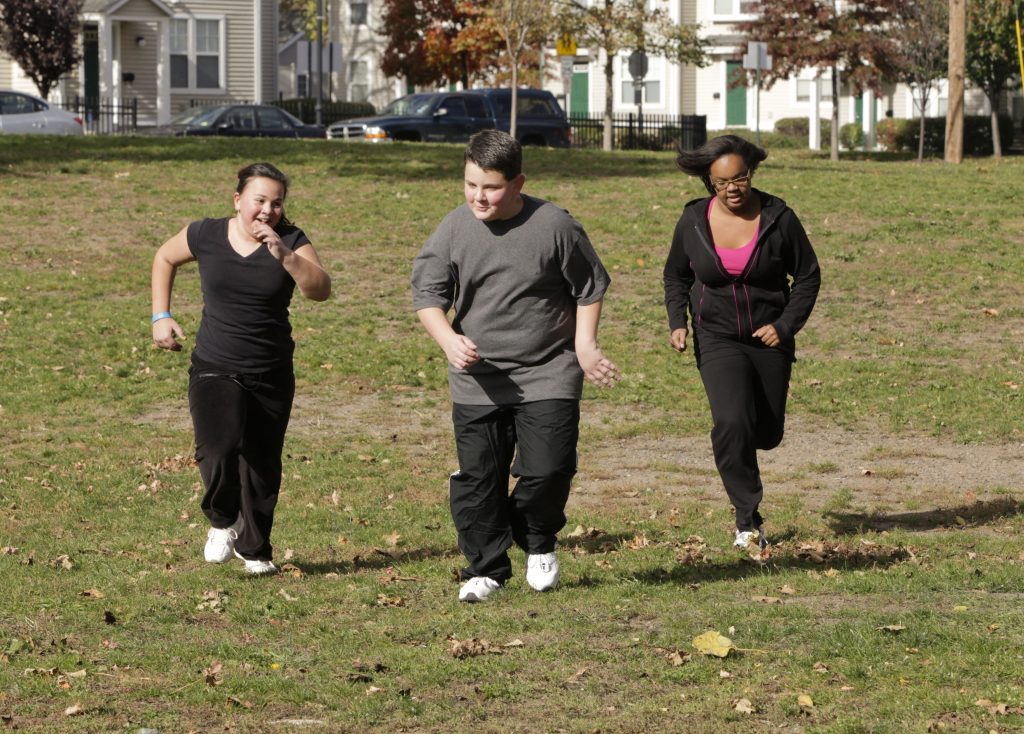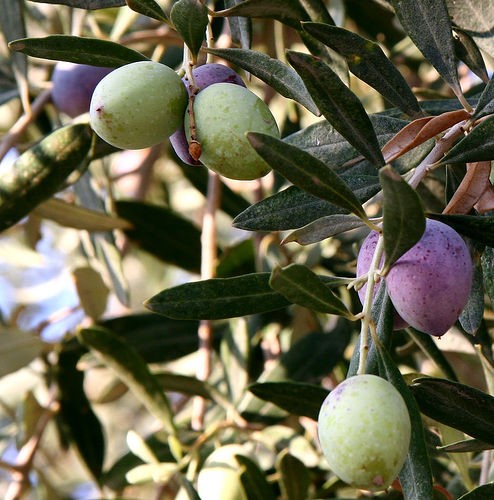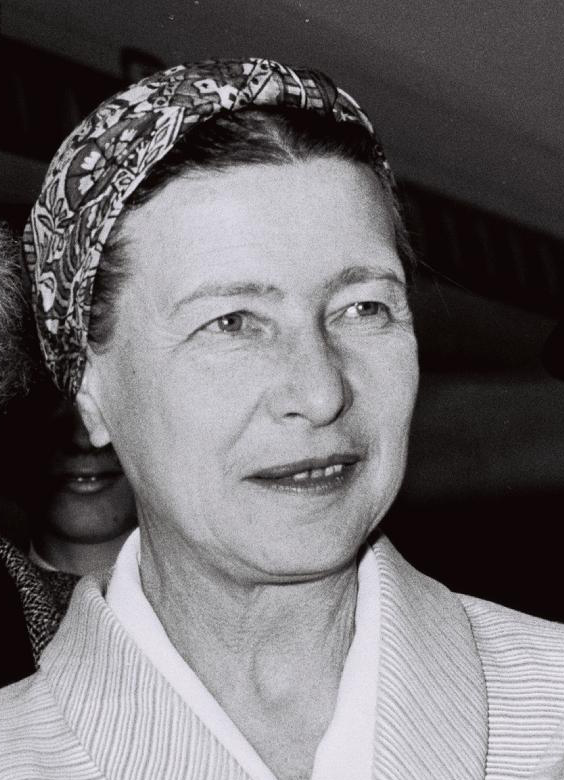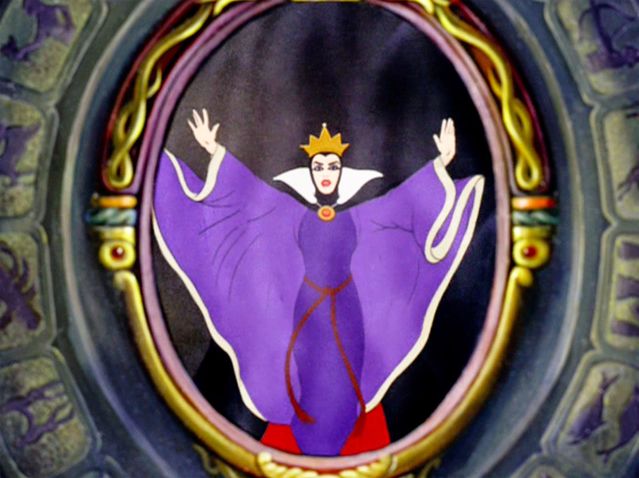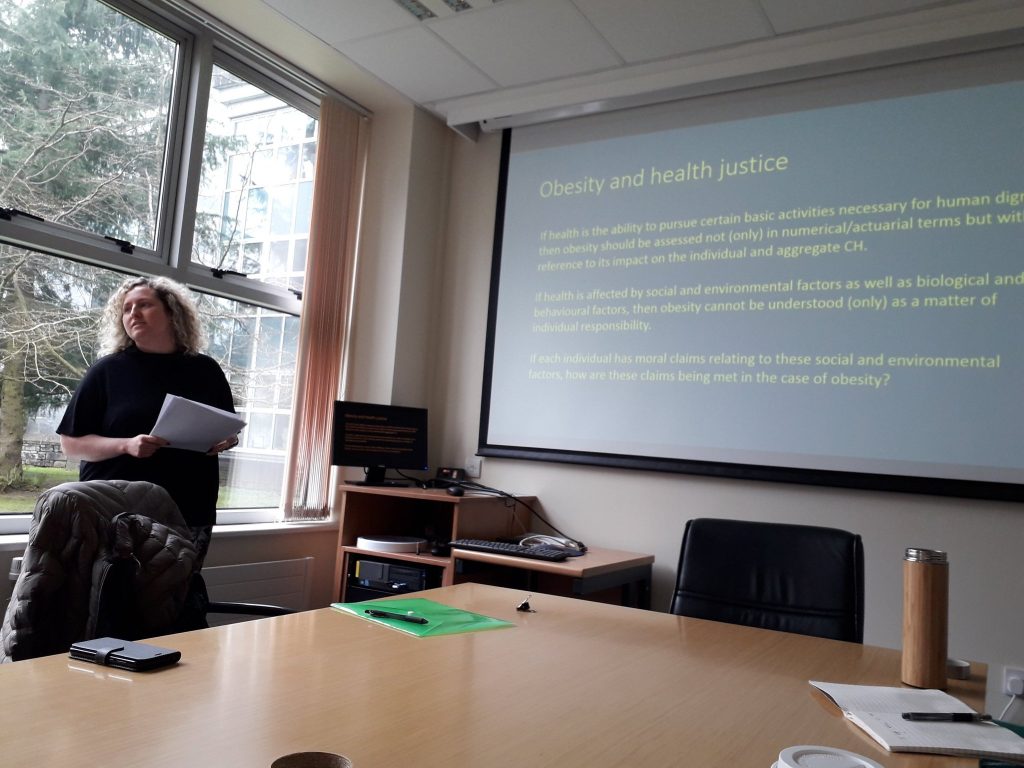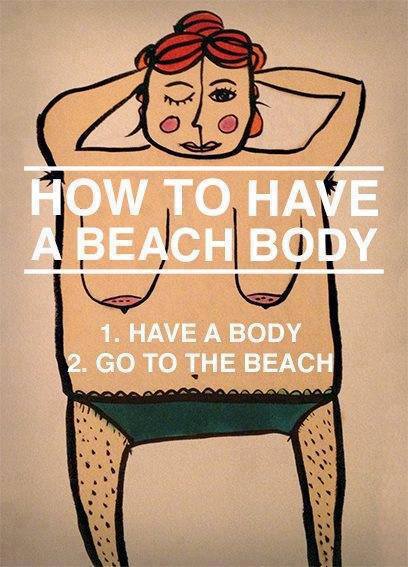Happy new diet, everyone! Tis the season for deprivation and beach body dreams. And we all know what we need to do, right? Calorie deficit. Eat less and move more. And, yes, it kind of is that simple — for a short while. But, as every dieter knows, it gets harder and harder to keep losing, and eventually it grinds to a halt. Often, you find your eating habits are even worse than they were before you started trying to restrict your intake. Most weight loss attempts do not work, and many end in weight gain. This is because diets don’t work.
Diets. *clap emoji* Don’t. *clap emoji* Work. *clap emoji*
But you knew this. We all know this. Even diet companies like Slimming World and Weight Watchers know this, which is why they try to say that their diets are not really diets. (Someone explain to me how counting points is different to counting calories in any meaningful way? And, let’s be honest, referring to non-diet foods as ‘syns‘ is just weird, oddly sexualised food moralising.)
The bad news: If you are deliberately restricting your caloric intake with a view to losing weight and keeping it off, you are on a diet, and you are wasting your time at best. At worst, you are destroying your relationship with food and your body, putting your physical and mental health at risk, and buying into the misogynist beauty myth. As long as your “healthy eating” plan is tied in to trying to control your weight, it is probably doomed to failure, and it’s probably just going to make you hate yourself more not less.
The good news: There are other ways. It is possible to have a healthy relationship with food and with your body. Thankfully, more and more people seem to be waking up to this and there are tons of great resources online to help you work on this yourself. For me, the key to this is to stop focusing on weight loss. I’m maintaining a huge weight loss (possibly about 11 stone, but I don’t weigh myself so I’m not sure) for the last five years or so, but my weight didn’t start to drop until I stopped worrying about it and started really focusing on my health. We tend to think that health will inevitably come with weight loss, like a little added bonus, the cherry on top of the syn-free cake. But for me it has never worked this way. My attempts to lose weight were never really about health, and so any health improvements got thrown out along with the bathwater of another failed diet. I desperately needed a new way, something that worked beyond January, beyond Monday, beyond ‘plateaus’, ‘bad weeks’ and ‘failures’.
One thing that seems to really, properly, long-term work for a lot of people is intuitive eating. This is a philosophy of nutrition aimed at undoing the damage of diet culture and repairing your relationship with food. I know people for whom this has done wonders. For me, it has huge appeal, and in many respects I do eat intuitively. However, I have never committed fully to it, and I’m not sure I ever could. I am a compulsive overeater. When I first came into recovery from my eating disorder, I had virtually no ability to stop eating, particularly when it came to sweets and ‘treat’ foods. I regularly ate to the point of vomiting — not to purge, just to relieve the pain in my stomach so I could sleep. Then I woke up and binged again. I was self-harming with food, killing myself, slowly at first but by the end it was getting quicker. When my gallbladder was removed, the surgeon told me some of the tissue was dead. This came as no surprise to me. I’d felt dead inside for years. My point is, I didn’t feel able to embark on the long journey to intuitive eating, despite my faith in its rewards. I just desperately needed to stop self-harming with food.
What worked for me was to give up all my binge foods completely. Cut them out like the surgeon cut out that dead flesh. Sweets, biscuits, cake — gone. I haven’t eaten a bar of chocolate in over seven years. Never, not one bite. Not at Christmas, not on my birthday. My mother and my husband did the tastings for our wedding cake. I didn’t even eat dessert at the wedding. I didn’t just do this cold turkey all on my own. I had tons of support from dietitians, doctors, therapists and others in ED recovery online and in person. Maybe this sounds insane to you, and maybe you’re right. But it works for me.
It wasn’t easy to get rid of the crap, but it has changed my life. Most Christmases in my adult life, I ate sweets and biscuits until I was sick, until all I could taste was a sickly mix of saccharine and bile. This past Christmas, and for the last few Christmases, when I see sweets and biscuits, there is a kind, gentle voice in my head that says, “not for me.” It sounds like the voice my mother would use steering me away from one of my allergy foods when I was a child. No guilt, no anger, just a soft, “That doesn’t suit you, love. It’ll make you sick.”
I understand why my way of eating can look restrictive from the outside, that, in fact, it can look like another form of disordered eating. But I know it’s different because the voice that regulates it is so different from the eating disorder voice. The ED voice told me things like, “You know you’re going to eat it anyway, because you’re pathetic, you’re weak, you’re bad, you’re disgusting, you’re FAT, FAT, FAT.” My eating disorder was driven by self-loathing. My new way of eating might seem rigid, but it’s driven entirely by self-care. I don’t eat my binge foods now because I love myself too much, because I believe I am a good person who deserves better than the pain that overeating causes me. My ED kept me in thrall to the dream of a future me who would be good enough (i.e. thin enough) to deserve good food, nice clothes and other positive things. My new way of eating centres on the notion that I am good enough, that I was always already good enough, that we are all good enough, and we should all get to have good food and other good things.
And let me tell you something. Eating junk food, you forget just how good good food can taste. I always liked raspberries. They were among my favourite foods. But I was never going to choose raspberries over MnMs or Swedish Fish or a few Galaxy Caramels. But when I took those options off my table, suddenly I could really appreciate what you might call the natural treats. The refreshing bittersweet of raspberries. The crunch of fresh green grapes just out of the fridge. The sharp explosive bite of citrus. The sweet snap of a carrot. These things give me real pleasure now, far more than the junk food did, because they don’t come with a side order of physical and emotional pain. If you are a person who can eat MnMs without an extra helping of pain, that is wonderful and you should eat them and enjoy them and not worry about it one bit. But I am not like you. I can’t do that. Maybe one day I could, but to be honest, at least for now, it doesn’t seem worth the risk.
Intuitive eating practitioners rightly point out that food is not just for nutrition. Healthy eating also involves eating for pleasure, for social reasons, for comfort and for many other reasons. Humans have always eaten this way, and there is absolutely nothing wrong with it. But for me, any comfort I might find in food beyond my nutritional needs is shortlived and ambiguous. Of course I could take pleasure in tasting delicious foods like dark chocolate. It’s just that I can’t imagine the pleasure being better than the pleasure I get from waking up every day knowing that food is no longer in charge of me, knowing that I can be present with others, not looking over their shoulders to the next binge beckoning me back to the solitary darkness.
For me, eating the way I do is pretty much effortless now. I eat three meals a day, every day. I make them as nutritious and healthy as I can, without obsessing or worrying too much. For the most part, I don’t measure portions, but occasionally I do, if I’m unsure how much of something I’ll need. Most days I make meals like stir fry, stew or raw veg salad with quinoa and tofu. But sometimes I just grab a sandwich or a burrito bowl or occasionally (three times in all of 2018, for example) a pizza. That’s ok too. Just once I don’t eat the foods that trigger my eating disorder, it’s all good. I eat snacks between meals if I need them. Mostly fruit or yoghurt or a green juice does me fine; occasionally I need something a bit more substantial like rice cakes and tahini. I eat a meal or a snack and then I don’t think about food again until it’s time for the next one.
Usually my body tells me when it’s time. I start to feel a little bit hungry about an hour or so before my meals. I rarely get to the point of being really starving and I try very hard to avoid the feeling of being overfull. (Being over-stuffed actually triggers a desire to binge in me, which gives you a sense of how dodgy my neurological wiring still is with respect to food.) The fact that I can and do feel moderate hunger now is a sign of my improving health and relationship with food. In the bad old days, I was either starving on some diet or else I would go days and weeks without ever letting myself feel hunger. When I came into recovery first, my brain no longer associated hunger with eating at all. They were separate phenomena with only a passing acquaintance. I ate when my eating disorder told me to, or when my diet allowed me to. Hunger and satiety were irrelevant. Now, for the most part, I eat when I’m hungry and stop when I’m comfortably full. By eating regular nutritious meals, I have come to trust that it is safe to stop eating when I’m full, knowing that there will be no more starving, deprivation or punishment, that instead there will be more healthy, tasty food when it comes time to eat again. In many ways, I do eat intuitively. I just don’t practice intuitive eating in the full sense.
I suppose you could say that, if intuitive eating is like cycling, my avoidance of my binge foods is like stabilisers (or training wheels for the Americans). Sure, you’re never going to hit your cycling PBs with them on, but keeping them on a bit longer is ok if the alternative could be a fatal crash. Intuitive eating is about finding what works for you, what your body and spirit need and want in a given moment, what feels right. What feels right for me is to keep the stabilisers on for now. Maybe some day I won’t need them, but for now, they feel supportive, not restrictive. Like everyone else, I’ve got a lot going on and I just need to be able to keep pedaling.
